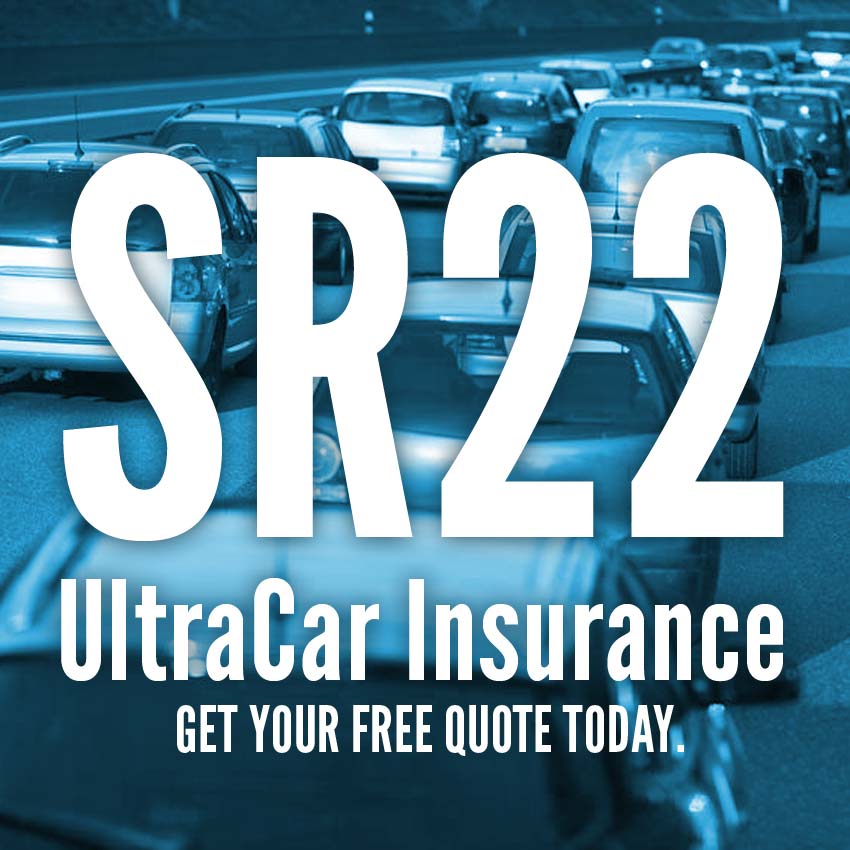Non-owner FR-44 insurance policies have some limitations. For starters, the coverage is liability-only. As with non-owner SR-22 insurance, you cannot add collision or comprehensive coverage to this type of policy. That’s because non-owner policies don’t cover vehicles you drive; therefore, they don’t cover rental or commercial cars. Moreover, non-owner insurance coverage prohibits driving vehicles owned by others in your household.
In Florida, non-owner FR-44 insurance certificates are issued for six months, payable upfront. Non-owner policies are also non-cancelable. For underwriting reasons, only the underwriter can cancel the policy during the first 60 days. After that, it remains in force for the entire term, which can be in six or twelve-month increments, which is why you must pay the premium in full.
